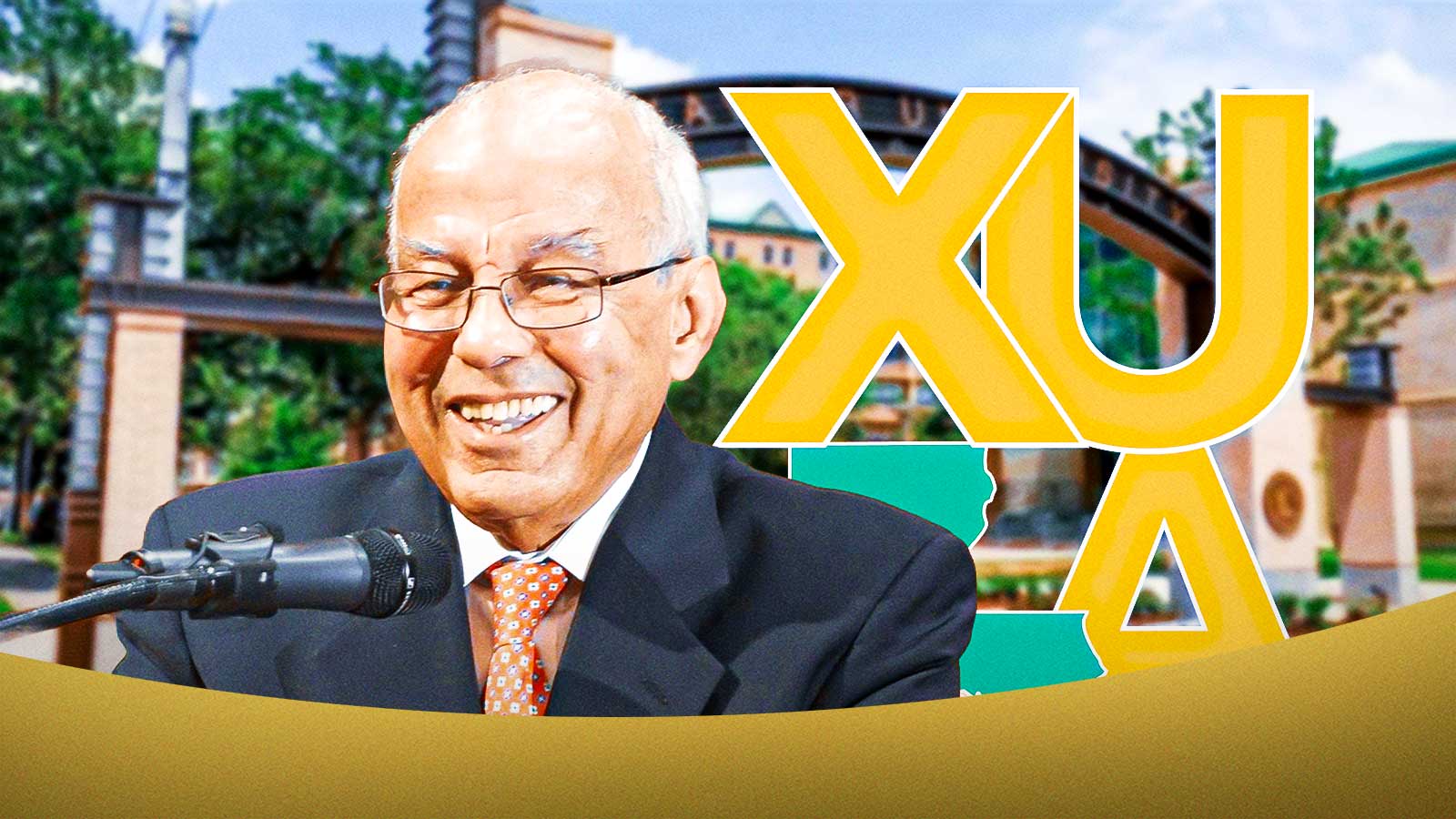Last year, Tennessee State University alumni raised more than $600,000 to lower the student account balances and debts for graduating seniors. The university started the end-of-year “Close The Cap” campaign back in December. Tennessee State alumni Amos and Brenda Otis matched every dollar raised on Giving Tuesday.
“As an alumnus myself, I am extremely proud of the fact that alumni giving has increased from previous years,” interim TSU President Dwayne Tucker said in a news release. “Tennessee State University is a great institution, and with continued alumni and community support, this university will continue to be a key part of the community and this city's growth.”
This generous action of Tennessee State alumni will ensure that the graduating seniors will have the funds to graduate on time.
“Each dollar raised was a testament to the power of the TSU community. Every gift, no matter the size, reflects a shared belief in our students and their ability to change the world,” said LoLita Toney, vice president of the Office of Institutional Advancement.
The donation is also a positive development for Tennessee State, as the institution is undergoing a lot of change in the institution. The university just welcomed a new interim president Dwayne Tucker after the resignation of former interim president Dr. Ronald Johnson. Tennessee State is grappling with a severe financial crisis, with state officials confirming that the institution has essentially run out of money.
A surge in enrollment a few years ago brought record numbers of students, many of whom were offered scholarships. However, the university failed to establish a sustainable plan to fund those commitments long-term. This semester, many of those students left TSU after the university was unable to fulfill its scholarship promises.
This issue, coupled with years of financial mismanagement, has led TSU to take extreme measures. In October, the university laid off over 100 employees to save $11 million in salaries and slashed an additional $13 million in spending, including cuts to travel and purchases. Despite these efforts, TSU’s financial troubles persisted, forcing the school to reallocate $32 million from a campus building project just to stay operational through the end of 2024.
The university’s financial struggles stem from more than just recent leadership challenges. A federal report revealed that the state underfunded TSU by $2.1 billion over the past 30 years. Additionally, a separate state study found that TSU was shortchanged by up to $540 million over the past century, leaving it at a significant disadvantage compared to other institutions.
Although lawmakers approved $250 million for campus improvements two years ago, those funds cannot be used to address critical issues like housing shortages—a major problem as TSU continues to face the impacts of its enrollment surge.




















